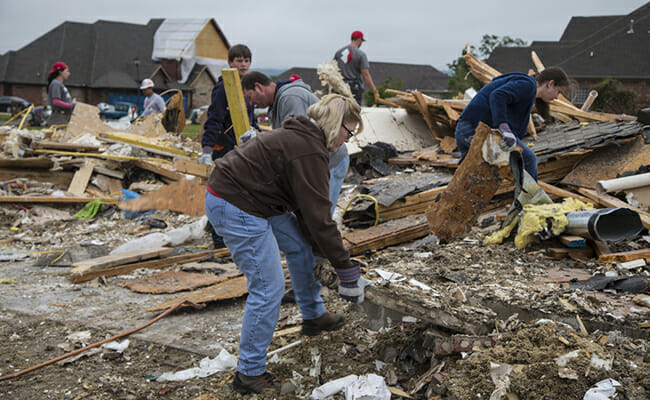Powering Relief Efforts with Propane

In times of crisis, the swift and efficient deployment of energy resources is paramount to facilitating relief efforts and aiding affected communities. Propane, a versatile and clean-burning fuel, has become a key player in disaster relief scenarios, offering a reliable energy source with diverse applications. Let’s delve into the innovative use of propane in disaster relief efforts, exploring its advantages and practical applications in crisis zones.
Propane’s Reliability in Emergency Situations
Propane’s inherent characteristics make it an ideal choice for disaster relief operations. As a liquefied petroleum gas, propane is easily transportable and can be stored in portable tanks, ensuring rapid deployment to areas with disrupted infrastructure. Unlike other fuels, propane remains stable in various environmental conditions, ensuring a consistent and reliable energy supply during critical times.
Clean Energy for Immediate Impact
One of the significant advantages of propane in disaster relief is its clean-burning nature. As a low-emission fuel, propane minimizes air pollution, making it a safer and environmentally friendly option for use in populated areas. This is particularly crucial in situations where air quality is already compromised, ensuring the well-being of both relief workers and affected populations.
Diverse Applications in Disaster Relief
1. Cooking Facilities: Propane-powered stoves and cooking facilities provide hot meals for displaced individuals and relief workers, promoting nutrition and overall well-being.
2. Mobile Power Generation: Propane generators offer a reliable source of electricity for powering medical equipment, communication devices, and essential infrastructure in areas without access to the grid.
3. Space Heating: Propane heaters play a pivotal role in providing warmth to temporary shelters, protecting individuals from harsh weather conditions.
Global Case Studies
1. Hurricane Response in the Caribbean:
Following recent hurricanes in the Caribbean, propane played a critical role in providing energy for cooking, electricity generation, and heating. Its ease of transport and storage proved invaluable in reaching remote areas quickly.
2. Earthquake Relief in Nepal:
Propane was utilized for cooking and heating purposes in the aftermath of the earthquake in Nepal in November of 2023. Its adaptability to varying altitudes and environmental conditions made it a practical choice for relief operations in challenging terrains.
3. Collaborative Efforts for Efficient Deployment
Governments, non-governmental organizations (NGOs), and private companies are increasingly collaborating to establish propane infrastructure in disaster-prone regions. This proactive approach ensures that propane is readily available when disasters strike, expediting relief efforts.
A Resilient Resource
Propane’s role in disaster relief goes beyond its traditional applications, showcasing its adaptability and reliability in critical situations. As the global community continues to face an increasing number of natural disasters, harnessing the potential of propane as a versatile energy resource is essential for building resilient and effective disaster response strategies. By investing in propane infrastructure and fostering collaborative efforts, we can ensure that this clean-burning fuel remains a cornerstone in providing timely and efficient relief to those in need.
















